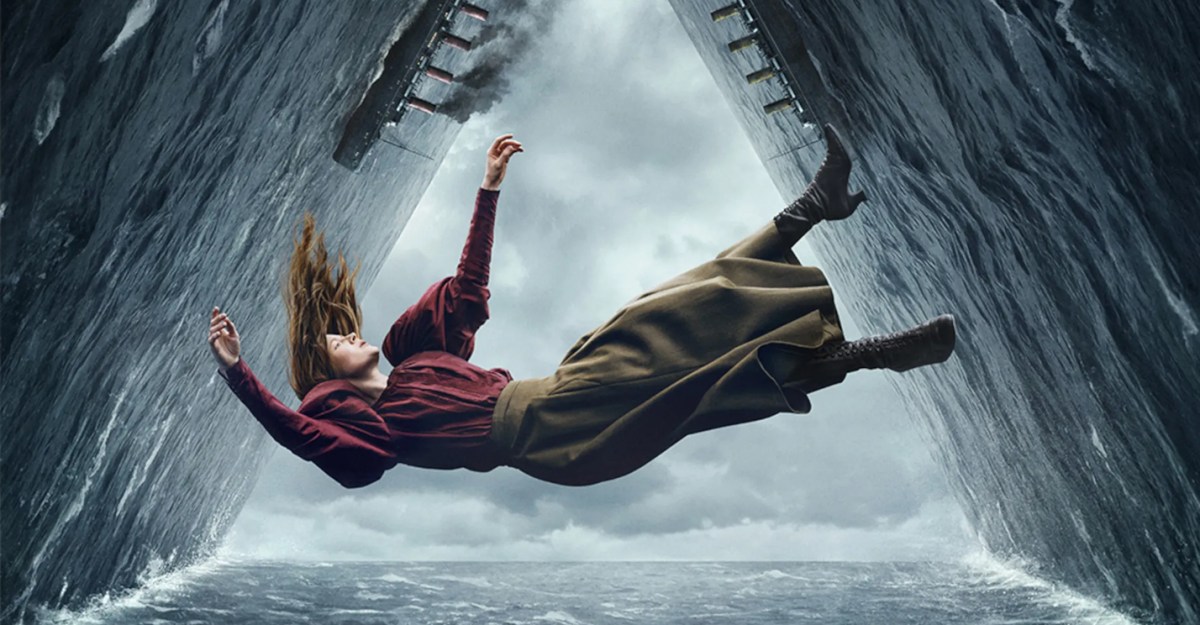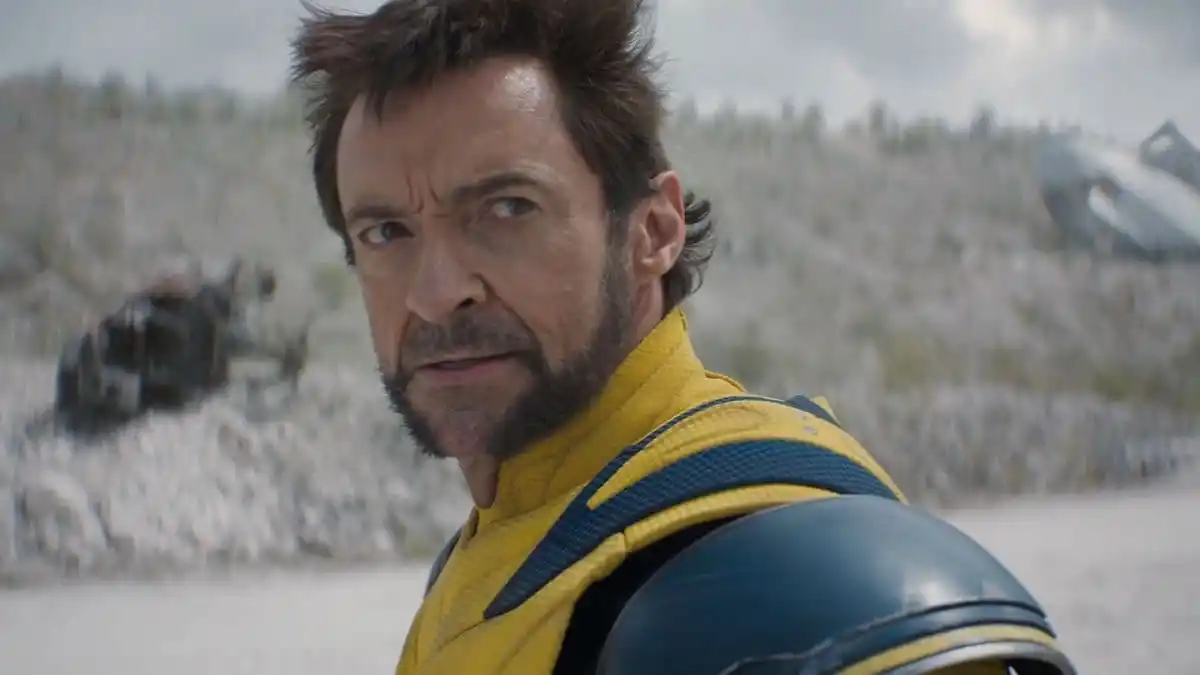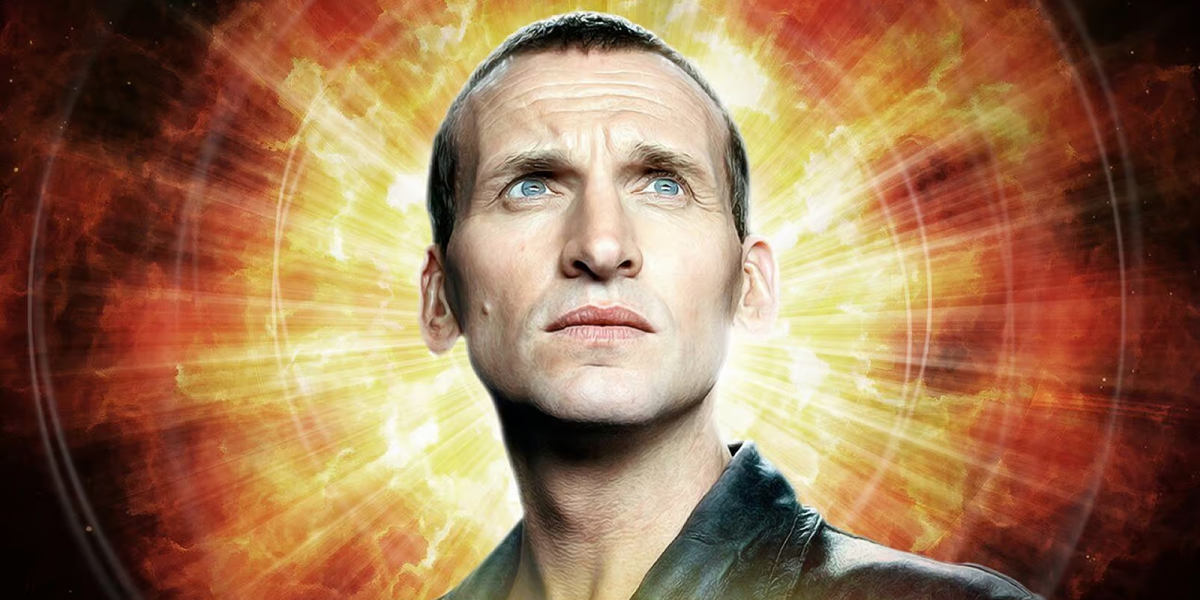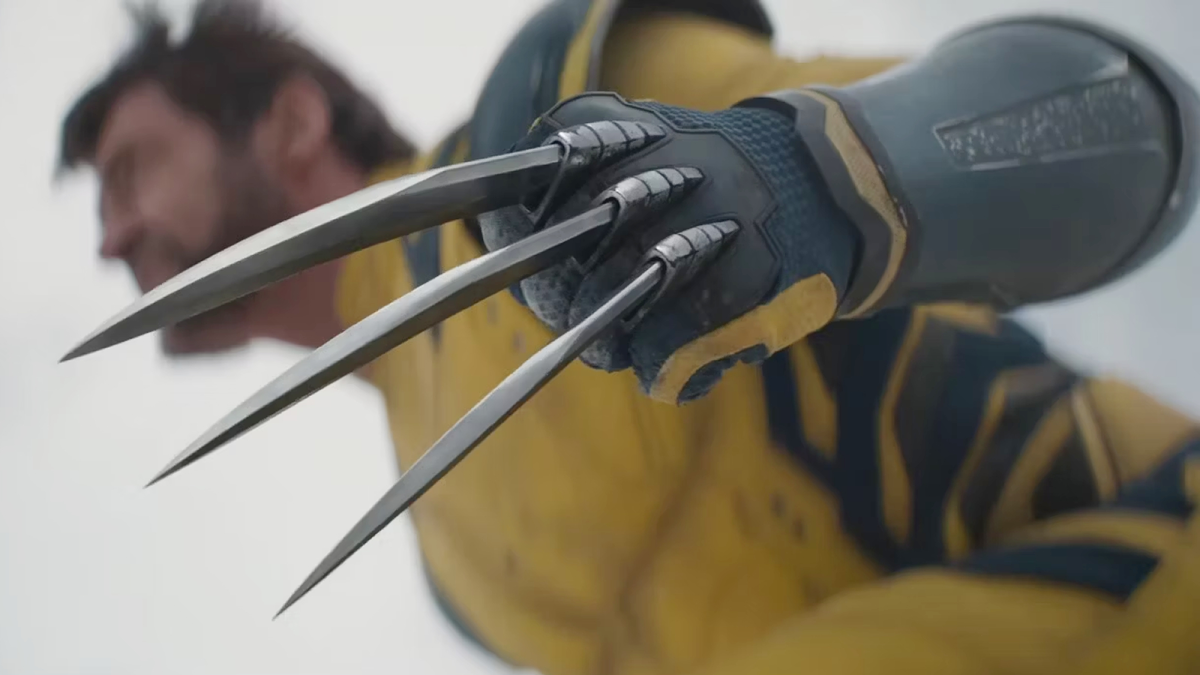Early in 1899, the protagonist Maura Franklin (Emily Beecham) reveals that she is a qualified doctor, but sexism in the United Kingdom has prevented her from actually working in the field. In some ways, this character choice encapsulates the series as a whole. Like Maura, 1899 is far more interested in the academic than the practical.
1899 arrives on Netflix from showrunners Jantje Friese and Baran bo Odar, who were responsible for the streaming service’s German-language show, Dark. Dark was a breakout success. Initially compared to Stranger Things, the series quickly developed its own identity and cult following, largely built around the intricacies of its time travel plot. The show appears to have been a massive hit for Netflix and may even have paved the way for the breakout international success of Squid Game.
This is important for two reasons. First of all, it explains why Netflix has committed so forcefully to the follow-up from Friese and Odar. 1899 was shot at Studio Babelsberg in Potsdam and may be the most expensive German television show of all time. It features a diverse international cast that speak a multitude of languages, to the point that the production team employed “language assistants” to ensure that nothing got lost in translation. 1899 is a big deal.
Secondly, it explains how difficult it is to talk about 1899 without revealing any spoilers concerning the content of the series. Like Dark, 1899 is a show packed with twists and turns. Very little is what it appears to be. Given that a large part of the appeal of Dark lay in unraveling its mysteries and ambiguities, it is no surprise that 1899 is built around a similar model. The show is dense with symbolism and mysticism, turning sharply and quickly on major revelations.
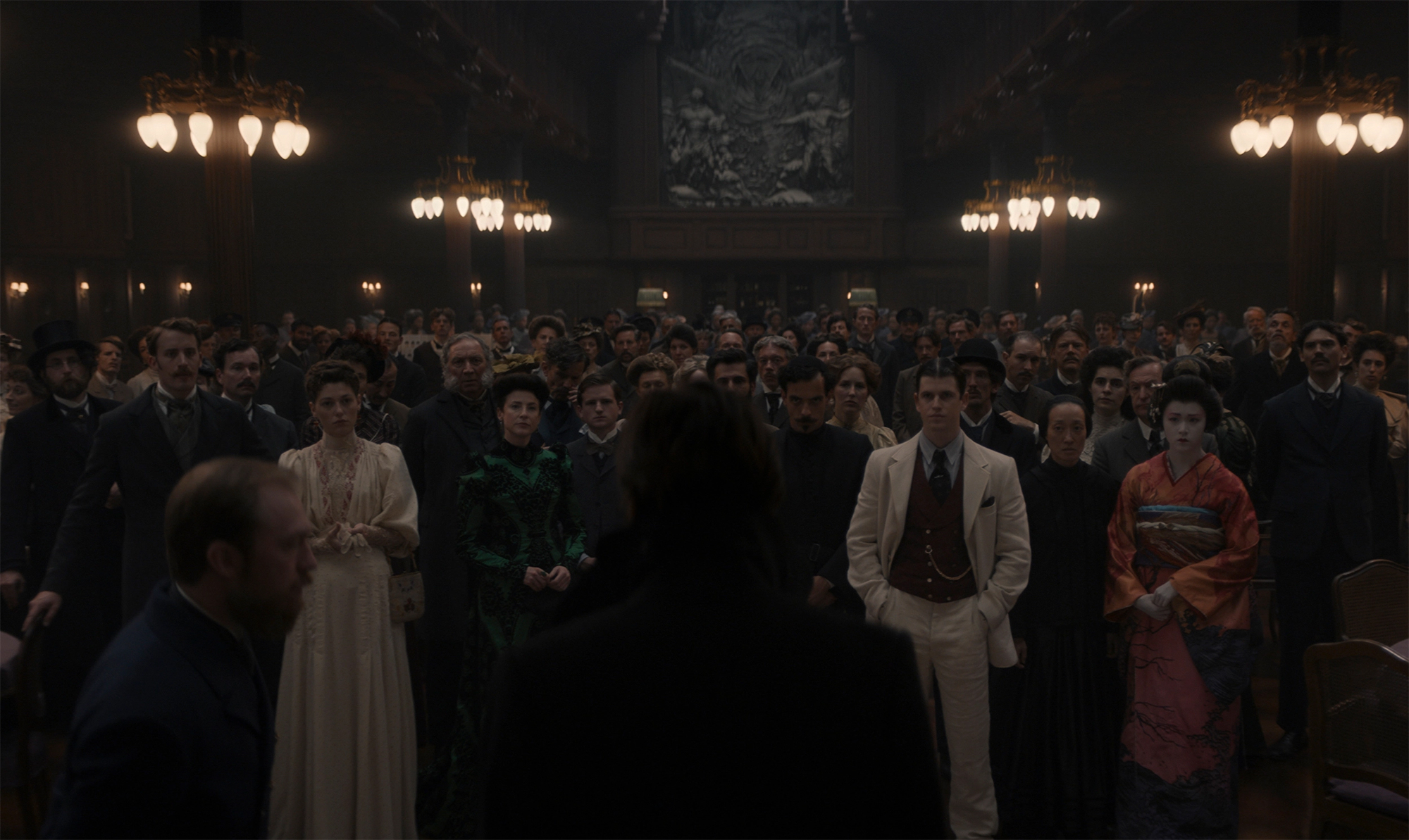
The show is primarily set on a ship making the journey from the old world to the new. The crew and passengers are a motley assortment of characters, drawn from a variety of backgrounds. Dialogue in 1899 is delivered in English, German, French, Spanish, Cantonese, Japanese, Danish, and more besides. Appropriately enough given the challenges in communication among such a group, everybody on the ship appears to be harboring some sort of secret.
Everything goes awry when the cruise liner Kerberos picks up a strange signal from the Prometheus, its sister ship that was reported lost at sea. Maura’s brother was on the ship when it vanished without a trace and so is very curious of what has happened to the vessel and its passengers in the four months since it dropped off the face of the earth. To reveal too much more would risk spoiling some of the surprises that drive the eight-episode season.
1899 is a heady mix, in just about every sense of the word. Every episode opens with a simple imperative from Maura, instructing the central character to “wake up.” The ship’s crew and passengers are all trapped and haunted by their pasts — sometimes literally, with Ling Yi (Isabella Wei) imagining herself locked in a box thrown overboard as Jérôme (Yann Gael) flashes back to his own past captivity. What is real? What is a dream? What is the boundary between the two?
It seems unlikely to be a coincidence that the show’s title alludes to the year in which Sigmund Freud published his landmark psychoanalytical text, The Interpretation of Dreams. The show isn’t subtle in its symbolism. Characters are repeatedly confronted with images from the alchemical alphabet, particularly the triangular symbol for “air” and its inverse ideogram “earth.” The show takes place on the ocean, which Jung argued was the perfect metaphor for “the collective unconscious.”
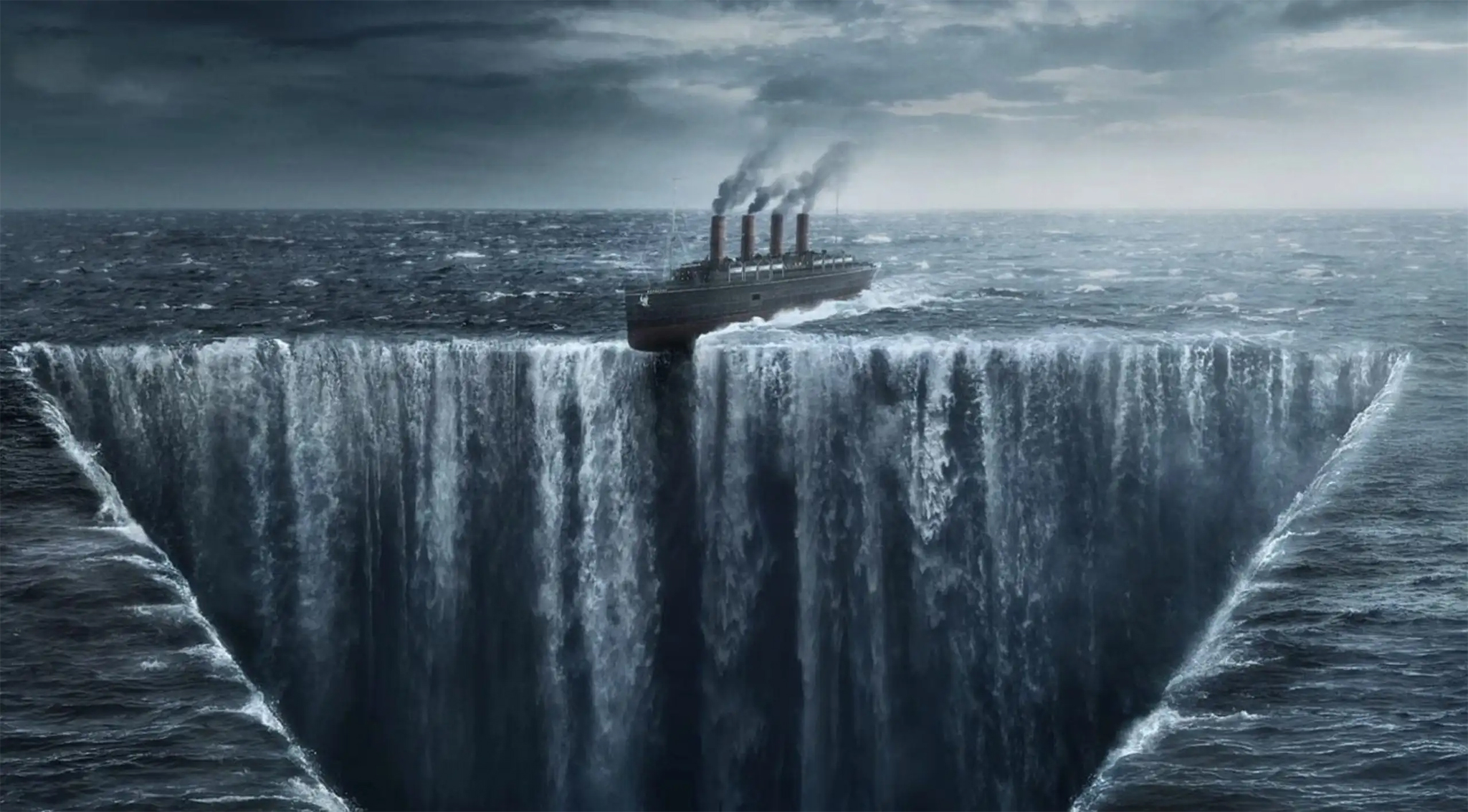
Given how overtly 1899 foregrounds its themes, it is hard to describe any of this as subtext. “The brain drives our thoughts, our behavior,” Maura explains early in the premiere. “It holds all of the secrets of the universe.” She elaborates, “There’s a whole hidden world inside each one of us that only needs to be deciphered.” In case the audience doesn’t parse the implication, Captain Eyk Larsen (Andreas Pietschmann) later describes the ocean itself as “a hidden world in the shadows.”
1899 is rich and atmospheric. The cruise liner is a suitably unsettling environment, a liminal space in which nobody really knows anybody else. The crew and passengers are often literally speaking different languages, underscoring the sense that it is fundamentally impossible to truly understand another person. The show’s soundtrack is saturated with psychedelic hits, from Jefferson Airplane and Deep Purple to Echo & the Bunnymen and Black Sabbath. David Bowie plays out the season.
However, there are moments where it feels like 1899 is nothing but vibes. Much has been written about the so-called “Netflix bloat,” the way in which shows on the streaming service seem to expand to fill a predetermined runtime. In many cases, shows will add completely superfluous plots in their middle stretches in order to draw out the action and delay the inevitable climax. To be fair to 1899, allowing for a mutiny subplot, the show isn’t an egregious offender in this regard.
Instead, 1899 is riddled with ellipses. Whether intentionally or accidentally, the pacing on the show is languid. Characters will often pause dramatically between lines, stretching seemingly mundane observations over extended periods. It adds to the show’s sense of dread and mystery, but it also seems like a concession to the streaming service. These slow line readings allow viewers to keep up with the subtitles at the bottom of the screen and also stretch five episodes of story out to eight.

There is a sense in which this is a feature rather than a bug. 1899 is certainly an assured piece of television, one that never feels hurried or rushed. It’s reassuring to see a show that embraces its big ideas with such commitment, trusting the audience to follow it along. 1899 is the kind of show where parents and children bond while ruminating on Plato’s Allegory of the Cave and lovers share pillow talk questioning the difference between reality and one’s subjective experience of it.
It is to the credit of 1899 that many of its bigger twists feel entirely organic and logical, when they would unravel the world of any other show. 1899 places such emphasis on its thematic concerns that many of its revelations play as extrapolations from those themes. It’s a deft trick, one that allows the series a seemingly endless number of rug-pulls. Because each of those swerves fits within the thematic framework that the show so painstakingly outlines, none of them break the show.
However, 1899 faces a common problem with stories that explore this fertile ground. With characters frequently questioning the nature of their reality, everything quickly becomes abstract. 1899 is a series so obsessed with symbolism and signifiers that nothing beneath the iconography feels real or tangible. 1899 has an impressive cast, but the ship and crew often feel more like enigmas to be solved and riddles to be decoded rather than actual characters.
Like the vessel on which it is set, 1899 takes its time getting where it is going. Like the cruise liner, 1899 often doubles back over itself. It doesn’t really break new ground, and the destination always feels a little too abstract for its own good. Still, it has a lot on its mind.

